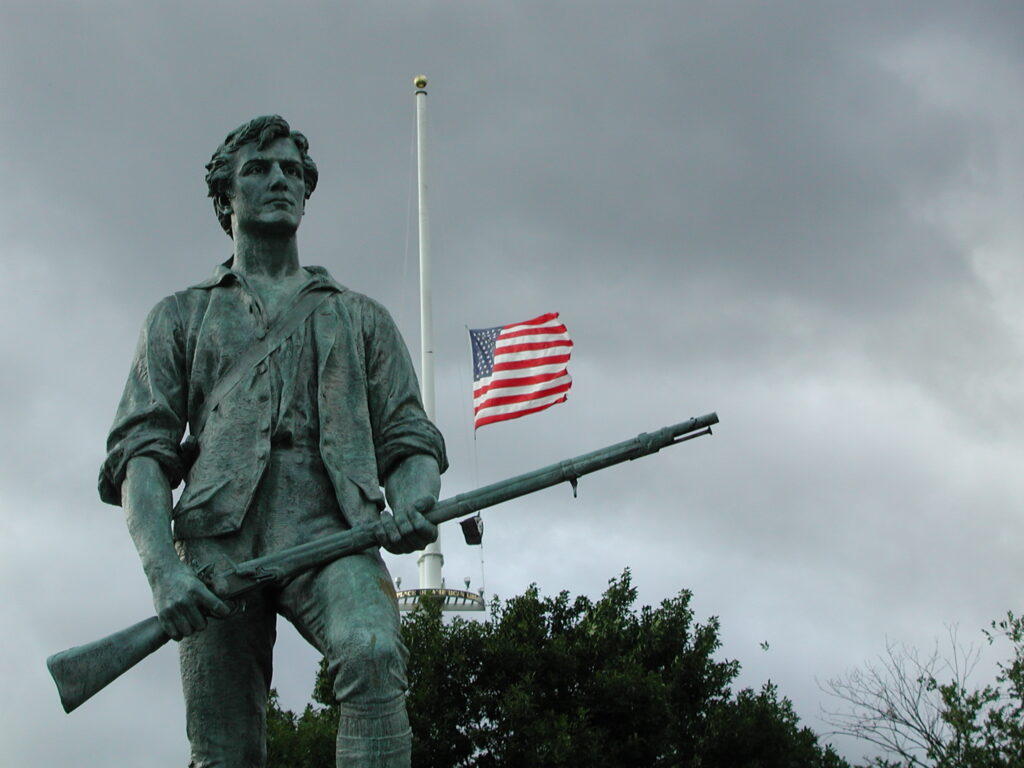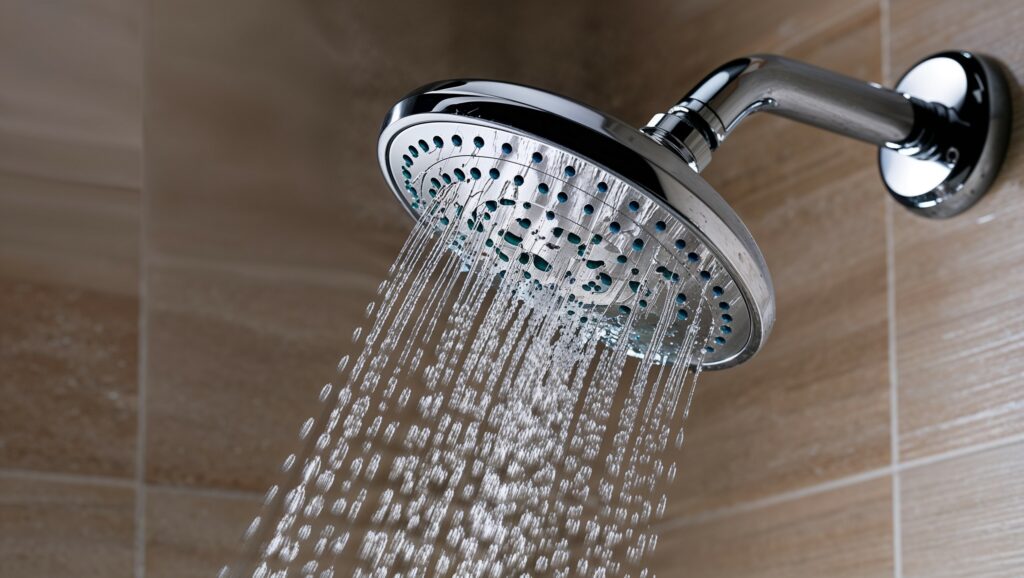Trade Agency Imposes, Rescinds Thread Count Regulation No One Wants
The ITC recently rescinded a general exclusion order issued in 2017 against imports of bedsheets with falsely labeled thread counts. The original complainant requested the rescission after Customs stopped a shipment of bedsheets imported by Walmart in late 2020. After the shipment was denied entry, the ITC issued a seizure and forfeiture order against Walmart that would cause Customs to stop and inspect all of Walmart’s future bedsheet shipments.
The now-rescinded order was originally kind of an accident. In the underlying investigation—Woven Textile Fabrics and Products Containing Same (Inv. 976)—the complainant, AAVN, accused 15 other bedsheet importers of patent infringement for using its patented manufacturing process and of false advertising for overstating the thread count of their sheets.
In its claim of false advertising, AAVN offered evidence showing that the respondents’ thread counts did not follow the industry standard method known as ASTM 3775. Under the ASTM standard, woven yarns are treated as a single thread, but another possible way of stating a thread count is to consider each strand of the woven yarn as its own thread. The second way results in a higher number for the same quality of sheet.
All but one of the 15 respondents in the Woven Textiles investigation chose to settle by agreeing to a consent order or a patent license from AAVN. The remaining respondent was found in default, which means that the ITC accepted AAVN’s false advertising claims without contest and granted its request for a general exclusion order.
Because the defaulting respondent had not been accused of patent infringement in AAVN’s complaint, the order only applied to the false advertising claim. But that claim had nothing to do with AAVN in particular and was likely included in the complaint for the sole purpose of pressuring respondents to negotiate a patent license.
Now tasked with enforcing a general exclusion order against all bedsheets with falsely labeled thread counts, Customs began conducting its own tests on imported shipments to see if the labeled thread count met the ASTM 3775 standard.
But ASTM 3775 is meant to be a voluntary standard. It is an example of best practices in thread count methodology—not a legally binding definition of thread count. In issuing the GEO, however, the ITC effectively turned that voluntary standard into a law preventing anyone from selling sheets in the United States using a different thread count methodology.
Whenever a company pursues a trade action against competitors, it risks upsetting its own customers, and that seems to be what happened in this case. It appears from Customs rulings that the bedsheets imported by Walmart and seized for failing to meet the thread count rule may have been manufactured by a company that is licensed by AAVN to practice the patent asserted in the Woven Textiles investigation. That is, the manufacturer is paying AAVN to avoid just this kind of interference.
So within a few weeks of the order against Walmart, AAVN suddenly discovered that it was not injured by imported bedsheets after all and would be better off without the GEO. Without mentioning any of the other parties by name, the company laid out its predicament in its petition for rescission:
The exclusion of goods, including from AAVN’s licensees and customers, even after qualified independent testing labs have confirmed the accuracy of those authorized products’ thread counts, harms AAVN’s business and its standing with reputable importers. This has occurred at least in the case of a shipment of independently validated goods imported by an authorized importer, which nevertheless triggered the Commission’s SFO on December 17, 2020. AAVN is concerned similar exclusions of validly labeled products will occur in the future.
The saga demonstrates how powerful the ITC’s general exclusion order remedy can be. And how capriciously that power can be wielded. Because of one defaulting importer in a Section 337 case, the ITC granted Customs the power to regulate thread count in the United States without conducting any adversarial analysis of the complainant’s claims of unfair competition, domestic industry, or injury. And because that regulation ultimately irritated Walmart, the order is now gone.








